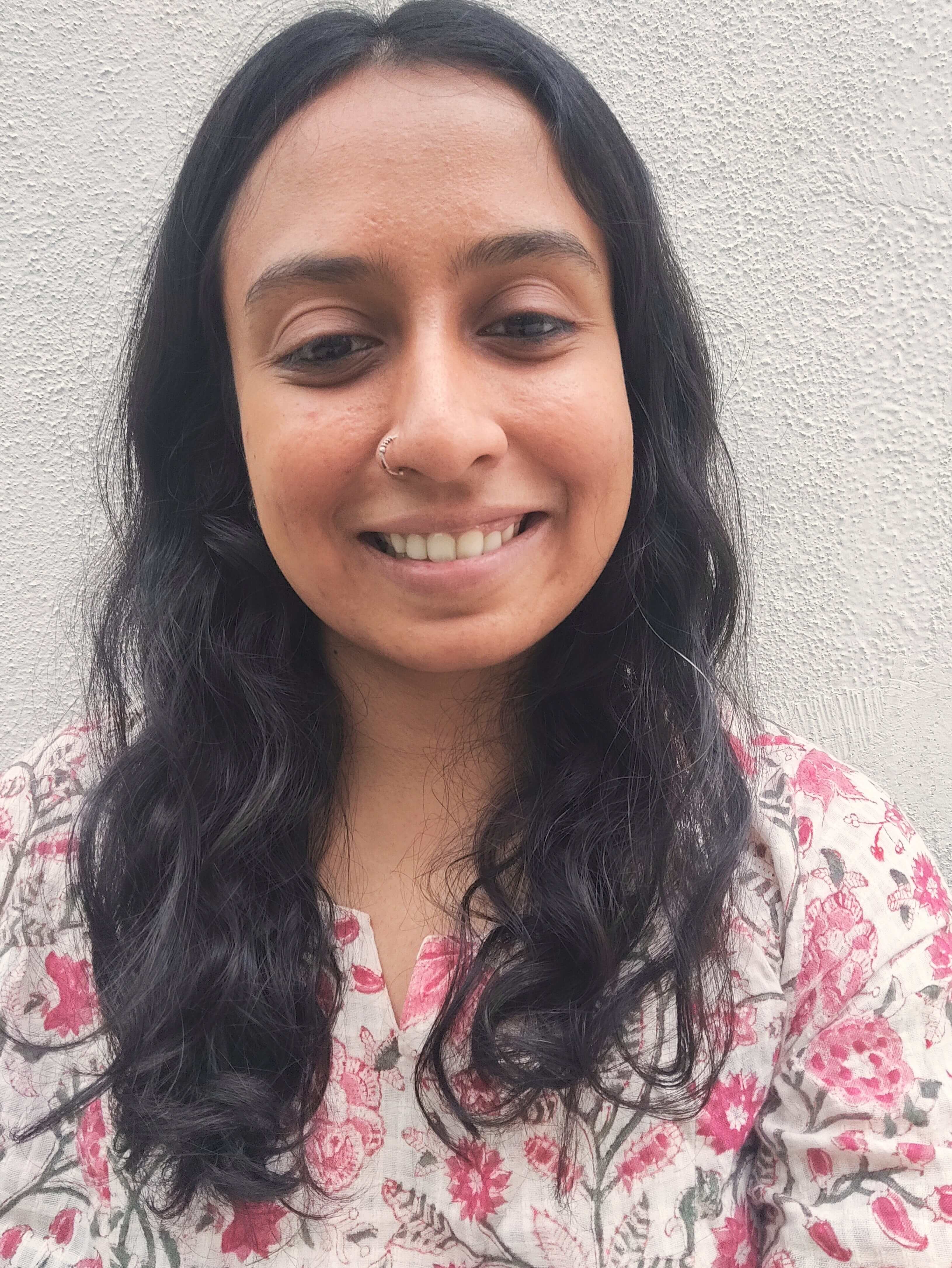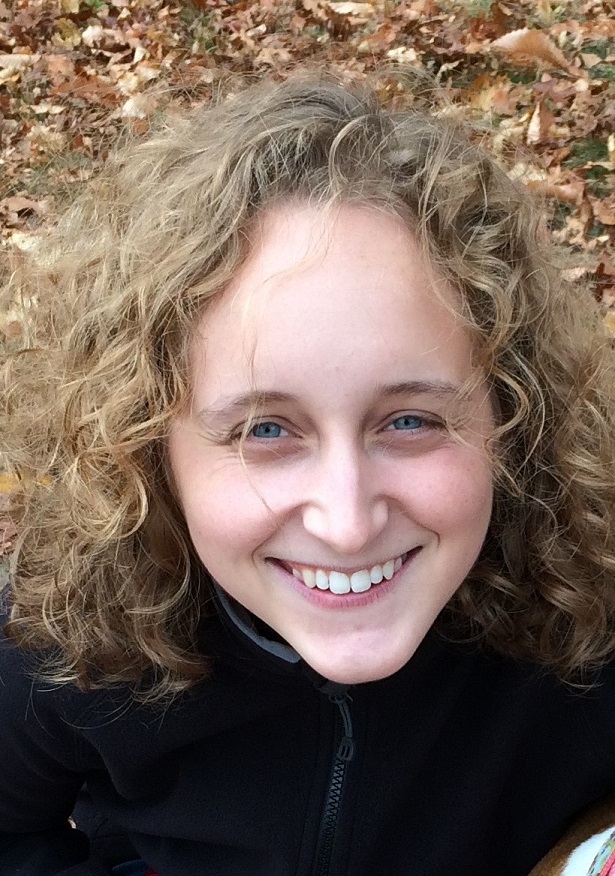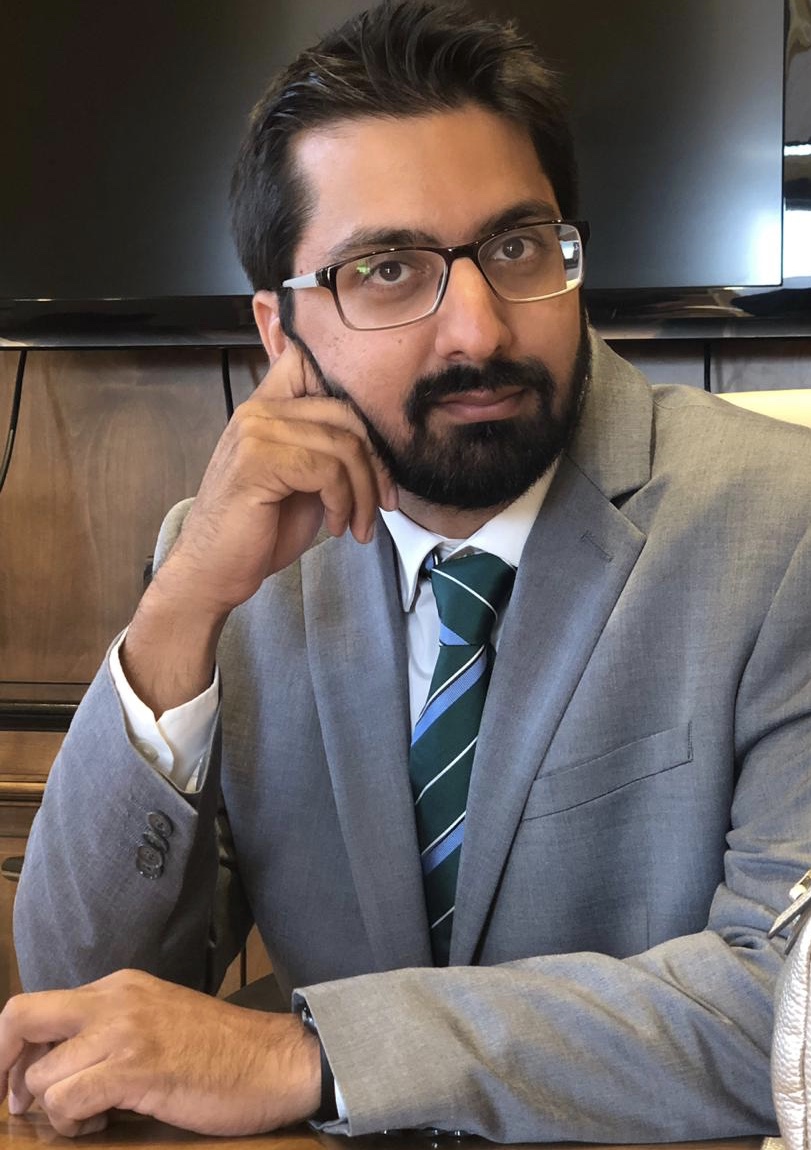Directory
- Share
Fadi Amer
- Scholar
- Lebanon
- 2021 PhD Development Studies
- Queens' College

Fadi Amer
- Scholar
- Lebanon
- 2021 PhD Development Studies
- Queens' College
As a scholar of Lebanese origin, born and raised in the diaspora, I have always grappled with the historical processes underlying such displacement, with its multidimensional precarity at home and abroad. My family, like countless others, has suffered tremendously at the hands of a civil war that tore my country apart for 15 years, and left scars persisting into the present. Indeed, the past year and a half have seen the violent eruption of the structural contradictions emerging from this conflict and those which facilitated its emergence in the first place, leading to the contemporary collapse in Lebanon's economy and governance structures alongside the explosion of the Beirut port - the lifeline and microcosm of a country dependent on imported goods, incomes, and capital for its livelihood. Accordingly, I hope to devote myself to understanding the complex origins of these deep-rooted issues, that I may contribute to improving living conditions in my home country. I believe that a critical understanding of the past ought to illuminate genuine paths to reform in the coming time. In other words, Sisyphus' happiness is inseparable from the curse which condemned him to his boulder and the trickery which provoked the wrath of Zeus.
Previous Education
University of Cambridge Development Studies 2020
University of Toronto Economics & Philosophy 2019
Abdullahi Aminu
- Alumni
- Nigeria
- 2008 MPhil Advanced Chemical Engineering
- Hughes Hall
Abdullahi Aminu
- Alumni
- Nigeria
- 2008 MPhil Advanced Chemical Engineering
- Hughes Hall
Graduated from University of Lagos in 2007 with BSc honours in Chemical Engineering, I intend to explore the field more by specializing in the area of efficient provision of sustainable energy. My career goal is to hold a PhD in Chemical Engineering, have some industrial experiences and share the knowlegde by engaging in research and teaching either in the academic or research institutes. Also, I hope to be a major pioneer of great manufacturing and consultancy outlets in the future. It is a privilege being in the Gates Cambridge community, it will be a nice stepping stone to making my dreams come true. Thanks to the Bill & Melinda Gates Foundation.
Millicenta Ampiah
- Scholar
- Ghana
- 2023 PhD Medical Genetics
- Girton College

Millicenta Ampiah
- Scholar
- Ghana
- 2023 PhD Medical Genetics
- Girton College
Growing up in Accra, Ghana, pursuing a career in science especially as a woman was not simple to navigate. My journey has taken me from a BSc in Biochemistry at KNUST, to an MSc in Clinical Embryology at the University of Oxford, with a specialisation in genomics of healthcare. My experiences have also motivated my active involvement in efforts to increase black, ethnic minority and disadvantaged representation across STEM globally. My PhD research at Cambridge focuses on the molecular characterisation of the role of E-box motifs and associated variants on the circadian expression of SCN5A, a gene linked to Inherited Cardiac Arrhythmias (ICAs). ICAs are rare diseases responsible for majority of sudden cardiac deaths in young people and infants. The goal is to establish the mechanistic basis of the role of the circadian clock in ICAs, which will provide novel insights into treatment routes. Ultimately, I want to contribute to firstly developing equitable and accessible solutions to genetic diseases, and secondly incorporating genomic technologies to strengthen the world’s most fragile health systems. Joining the Gates Cambridge Scholars’ community, I look forward to a transformative experience with other young global leaders.
Previous Education
University of Manchester Clinical Bioinformatics 2022
University of Oxford Clinical Embryology 2019
Megha Amrith
- Alumni
- Singapore
- 2007 PhD Social Anthropology
- Wolfson College

Megha Amrith
- Alumni
- Singapore
- 2007 PhD Social Anthropology
- Wolfson College
My PhD research is about contemporary migration within Southeast Asia – my particular focus is on the migration of Filipino medical workers to Singapore. Through the lives of mobile medical workers, I will explore the globalisation of medical care and its ethical, political and cultural implications. I have just returned to Cambridge after a year of ethnographic fieldwork and I look forward to working with a diverse and dynamic graduate community in the year ahead.
Ila Ananya
- Alumni, Scholar
- India
- 2021 MPhil Social Anthropology
2022 PhD Social Anthropology - Fitzwilliam College

Ila Ananya
- Alumni, Scholar
- India
- 2021 MPhil Social Anthropology
2022 PhD Social Anthropology - Fitzwilliam College
I came to anthropology through an interest in narrative, and a desire to rethink my engagement with fiction, life writing, reportage, and research – writing forms that I have been moving between since I was an undergraduate. As a journalist and a university teacher, I often found myself returning to read ethnographies, with their focus on producing work that centred our different subjectivities, and grappling with the ethical and conceptual challenges of navigating these. So far, my research has been concerned with the political lives of Indian students, what Indian higher educational spaces engender, and who they exclude. For my PhD, I hope to trace how young people from ‘Northeast’ India navigate the moral and affective aspects of their ‘becoming’ when they travel to ‘mainland’ Indian cities to study. Given the region’s history of state repression, ethnic tensions, and the racialised tendency of many Indians to homogenise their identities, I am interested in foregrounding friendship, intimacy, and aspiration, to understand how these young students relate to each other from across their social subjectivities and ethnic and class locations. I’m excited and humbled to be part of the Gates Cambridge community, and to continue to be challenged by and learn from my peers.
Previous Education
University of Cambridge Social Anthropology 2022
School of Oriental & African Studies (University o Gender Studies 2018
St. Joseph's College, BU English, Journalism,Psychology 2017
Alicia Anderson
- Scholar
- Canada
- 2022 PhD Physics
- Trinity College

Alicia Anderson
- Scholar
- Canada
- 2022 PhD Physics
- Trinity College
Growing up in Calgary, Alberta, Canada, I started playing ice hockey when I was five years old. Years later, I was able to experience my dream of playing hockey at the collegiate level through an athletic scholarship at the University of Lethbridge (UL) where I studied physics. Throughout my undergraduate and MSc degrees at the UL, I have been a part of the Astronomical Instrumentation Group developing innovative instrumentation to explore the formation and evolution of stars and galaxies. Now I will pursue a PhD in the Cambridge Astrophysics Group developing instrumentation for the detection of extrasolar planets. Recent advancements in technology will allow astronomers to spectroscopically measure variations in the orbits of sun-like stars induced by Earth-like planets, the next major advancement in the search for potentially habitable planets, and the subject of my PhD project. Alongside my studies, I am actively involved with the community of Lethbridge. Most recently, I have been volunteering with the Big Brothers and Big Sisters organization where I mentor a young individual who needs a consistent and supportive developmental relationship. Seeing them grow up and gain confidence has been my most rewarding experience.
Previous Education
University of Lethbridge Physics 2022
University of Lethbridge Physics 2020
Michael Anderson
- Alumni
- United States
- 2001 PhD Archaeology
- Corpus Christi College

Michael Anderson
- Alumni
- United States
- 2001 PhD Archaeology
- Corpus Christi College
Patricia Andrews Fearon
- Alumni
- United States
- 2017 PhD Psychology
- Selwyn College

Patricia Andrews Fearon
- Alumni
- United States
- 2017 PhD Psychology
- Selwyn College
My research investigates the ways in which implicit game theories, such as zero-sum mindset, underpin political polarization and intergroup hostility, inhibit trust and cooperation, and erode democratic and economic flourishing. This research is currently supervised by Dr. David Good and is supported by The ESRC project “Rebuilding Macroeconomics: Social Macroeconomics” in collaboration with Sir Paul Collier and Professor Dennis Snower. This work is also being applied in my capacity as a guest expert for BRIDGE (Building resilience to reduce polarisation and growing extremism) project for EFUS (European Forum for Urban Security) and for the United States Institute of Peace (USIP).
My interest in how psychological processes can shape real-world realities first emerged from my background in journalism and media. This short career afforded me invaluable opportunities to work with organizations like CNN, TIME Inc., and Room to Read, and in countries across the globe. This career also impressed upon me the power of subjective interpretations and narratives to shape motivations and behaviors that shape our society. Before coming to Cambridge I studied social psychology as a post-baccalaureate scholar at UC Berkeley in the Emotion and Emotion Regulation Laboratory directed by Professor Iris Mauss and Professor Oliver John. Outside of academia, I am a certified conflict mediator in San Francisco, mediating disputes between police officers and citizens through the Department of Police Accountability.
Previous Education
University Of Georgia
University of Oxford
University of California, Berkeley
Caitlin Andrews
- Alumni
- United States
- 2016 PhD Zoology
- King's College

Caitlin Andrews
- Alumni
- United States
- 2016 PhD Zoology
- King's College
I have always been passionate about understanding how animals think, feel, and interact with the world around them. A native of Massachusetts, I graduated from Harvard University, where I explored these ideas in many contexts--studying parrot cognition in Dr. Irene Pepperberg’s lab at Harvard; primate-human interactions in Rwanda; dogs’ perceptions of morality at Yale University’s Canine Cognition Center; and gorilla behavior at Boston’s Franklin Park Zoo. Most recently, I conducted my undergraduate thesis research in Mexico, studying sex differences in the ranging behavior of Yucatan spider monkeys in the Calakmul Biosphere Reserve. These experiences have confirmed my belief that animals exhibit unique, individual behavioral tendencies, or “personalities,” bringing into question why different personality traits might be favored in the wild. At Cambridge, I will pursue a PhD in Zoology under Dr. Rose Thorogood. My research will examine how personality and social network position influence fitness and other outcomes in hihi (endangered New Zealand birds), and how this information can be used to develop better conservation strategies. Beyond my research, I hope to continue pursuing my other interests in conservation education, creative writing, world music, and percussion. I am so grateful to be joining the Gates Cambridge community and look forward to meeting my fellow scholars!
Previous Education
Harvard University
Yu Qian Ang
- Alumni
- Singapore
- 2017 MPhil Technology Policy
- Trinity College

Yu Qian Ang
- Alumni
- Singapore
- 2017 MPhil Technology Policy
- Trinity College
Previous Education
National University of Singapore
Sabrina Gabrielle Anjara
- Alumni
- Indonesia
- 2014 PhD Public Health and Primary Care
- Queens' College

Sabrina Gabrielle Anjara
- Alumni
- Indonesia
- 2014 PhD Public Health and Primary Care
- Queens' College
Sabrina was the first Gates Cambridge Scholar from Indonesia. Her PhD at Cambridge was a clinical trial of the implementation of mental health services in primary care clinics. She completed a Postdoctoral Research Fellowship at University College Dublin, studying how collective leadership in healthcare influences patient outcomes. She is now leading the Metaverse research theme in Accenture's Human Sciences Studio.
Sabrina holds a BA in Psychology and Asian Studies from the University of Melbourne, and an MSc in Organisational Psychiatry and Psychology from King’s College London. Before Cambridge, Sabrina researched medical education in the National University of Singapore and spent some years as a Psychologist at the Ministry of Social and Family Development, Singapore. She’s a World Economic Forum Global Shaper.
Ali Ansari
- Alumni
- United States
- 2018 PhD Education
- Hughes Hall

Ali Ansari
- Alumni
- United States
- 2018 PhD Education
- Hughes Hall
I am a firm believer that a good quality education is the foundation for economic prosperity and poverty alleviation. Since 2010, I have been working in the development sector in Pakistan on the design and implementation of education reform programs. In my current role, I am co-leading the World Bank's engagement in the Third Punjab Education Sector Project, as well as the Khyber Pakhtunkhwa Human Development Project. As a PhD student with the Education faculty in Cambridge, my objective is to further develop my research skills to work towards bridging the gap between research, program design and implementation. In a country like Pakistan, where millions of children remain out of school, and the quality of education is poor, there is enormous amounts of untapped potential that is waiting to be harnessed. I hope to play my part in ensuring that people have the opportunity to access quality education to realize their full potential, and improve the quality of their lives. I look forward to being part of the Gates Cambridge community to work with other scholars who are equally committed to improving the lives of others.
Previous Education
Cornell University
Columbia University Teachers College
Shahzad Ansari
- Alumni
- United States
- 2001 PhD Management Studies
- St Edmund's College

Shahzad Ansari
- Alumni
- United States
- 2001 PhD Management Studies
- St Edmund's College
Prof Shaz Ansari is a Professor of Strategy at Judge Business School, University of Cambridge and Visiting Faculty at Rotterdam School of Management, Erasmus University. He holds a PhD from University of Cambridge. He serves on the Editorial Boards of Academy of Management Review, Organization Science, Journal of Management Studies and Organization Studies, and is a member of Erasmus Research Institute of Management (ERIM). His research interests include institutional processes and diffusion of practices; social movements, social and environmental issues in management, technological and management innovations; reputation management, and bottom-of-the-pyramid strategies. He has published in several leading academic journals including Academy of Management Journal, Academy of Management Review, Strategic Management Journal, Organization Science, Journal of Management Studies, Research Policy, Industrial and Corporate Change, Strategic Organization, and Organization Studies. Dr Ansari's expertise in executive education includes strategic management, technological and business model innovation, social innovation, and corporate social responsibility. He has contributed to executive education programs in many organizations, including McKinsey, Airbus. Shell, British Telecom, China Development Bank, Nokia, Laing O'Rourke, UNICEF, Essex County Council, KLEC (Kuala Lumpur Education City).
Previous Education
University of Cambridge MPhil Management Studies 2001
Megan Ansbro
- Alumni
- United States
- 2015 PhD Pharmacology
- King's College

Megan Ansbro
- Alumni
- United States
- 2015 PhD Pharmacology
- King's College
Born and raised in Conneaut, Ohio, I attended college nearby at Denison University. During my undergraduate studies, I performed research in cellular biology and quickly became intrigued by the ways in which genetic changes can cause (and even promote!) disease, specifically cancer. My passion for scientific research and medicine led me to pursue a combined MD/PhD degree. I am currently finishing my second year of medical school at the University of California, Irvine and will begin my PhD in the Department of Pharmacology at Cambridge and the National Institutes of Health in the National Cancer Institute. My PhD work will analyze the role of multi-drug transporters in the development of cancer cell resistance to chemotherapeutic treatments. I am extremely grateful for the opportunity to study as a Gates Scholar and NIH Cambridge Scholar. I know my time as a Gates Scholar will greatly enhance my understanding of the mechanisms of drug resistance and my ability to harness this knowledge to advance treatment methods. The integrative nature of my PhD studies at Cambridge will provide the optimal foundation from which I can continue to evolve as a researcher, physician, teacher, and continual learner. Interests: Music (vocal, Broadway, opera), cycling, triathlons, hiking, traveling, and languages (in particular, Austrian dialects)
Previous Education
Denison University
University of California Irvine
Oliver Antczak
- Alumni
- Poland, Venezuela
- 2019 PhD Archaeology
- Downing College

Oliver Antczak
- Alumni
- Poland, Venezuela
- 2019 PhD Archaeology
- Downing College
Being born in a turbulent Venezuela to a family of Polish immigrants, the intricacies of identity were an important topic of my everyday life. With parents and a brother all archaeologists, I grew up excavating every summer on the sunny islands of the Venezuelan Caribbean. For my undergraduate thesis at Leiden University College, I merged both these experiences working with the Guaiquerí indigenous group on Margarita island, Venezuela. There I attempted to understand how the Guaiquerí have maintained their strong identity though five centuries of colonialism. For my MPhil at the University of Cambridge, I decided to continue working on the topic with the Caquetío on Bonaire, who maintain a strong indigenous identity despite most locals believing they no longer exist. This work has made me realize that heritage management is not appropriately equipped to understand the resilience of indigenous identities in the Caribbean. For my PhD, I will work with more case-studies of indigenous identity in the Caribbean to deliver data on how identity and heritage are managed and maintained in these (post)colonial contexts. Misunderstood identity processes are an important part of many problems facing the region, including the current situation in Venezuela. I envision that my research can help both the communities I work with as well as academia and heritage institutions, leading to positive changes regionally, nationally and internationally.
Previous Education
University of Cambridge Heritage and Museum Studies 2018
Rijksuniversiteit Leiden (Leiden Univ) Human Interaction 2016
Ross Anthony
- Alumni
- South Africa
- 2005 PhD Social Anthropology
- Pembroke College

Ross Anthony
- Alumni
- South Africa
- 2005 PhD Social Anthropology
- Pembroke College
I have spent the last year doing fieldwork in China’s Xinjiang Uyghur Autonomous Region. My research examines ways in which frontier cities of western China are changing under post-Mao reforms. I am particularly interested in how the spatial organization of large-scale state and commercial ventures influence people’s behaviour at the micro-level.
Christina Antoniou
- Alumni
- Cyprus
- 2019 PhD Clinical Neurosciences
- Corpus Christi College

Christina Antoniou
- Alumni
- Cyprus
- 2019 PhD Clinical Neurosciences
- Corpus Christi College
During my undergraduate studies in Biomedical Sciences at the University of Edinburgh, I was exposed to a range of disciplines spanning biochemistry, genetics, and physiology through to higher cognitive brain functions. Whilst specialising in Neuroscience, I realised how fascinating the nervous system is, as well as the fact that such an elaborate neuronal connectivity does not come without a cost, since subtle perturbations can lead to devastating disease. Captivated by the elegance of the brain, I continued with a Masters in Clinical Neurosciences at the University of Cambridge. This fuelled my desire to pursue a future in research. During my PhD in Clinical Neurosciences, I seek to explore the mechanisms by which some viruses and inflammatory stimuli promote axon degeneration and neuronal death. The ultimate goal of my research is to contribute to the development of novel therapeutic strategies for viral and inflammatory neuropathies. It is an absolute honour to be part of the Gates Cambridge community and I am looking forward to working and learning with inspiring individuals from all around the world.
Previous Education
University of Cambridge Medical Science 2019
The University of Edinburgh Biomedical Sciences 2018
Michael Antosiewicz
- Alumni
- United States
- 2018 MPhil Classics
- Sidney Sussex College

Michael Antosiewicz
- Alumni
- United States
- 2018 MPhil Classics
- Sidney Sussex College
As an undergraduate at Rutgers I discovered my intellectual passions at the nexus of Classical languages and cultural history. Through my work on a newly-discovered papal archive in Rome (the Archivio Boncompagni Ludovisi at the Villa Aurora), I began to engage with the complex social, cultural and political histories of the Classical tradition and its legacies. At Cambridge, I will integrate these focuses by studying Roman historiography and Classical reception. My central concern involves historical consciousness and the sociology of memory. I am fascinated with how the category of the Classics is under negotiation and frames the way cultures interact with the past and their own histories. Ultimately, I intend to take a comparative approach to the Classical tradition and concentrate on its legacy in the nineteenth century United States. I am particularly interested in history education, especially in underserved communities, and in continuing my work at the Gilder Lehrman Institute of American History in New York City. I am inexpressibly honored to join the Gates Cambridge community. I recognize that this distinction challenges me to ensure that my studies and energies benefit others.
Previous Education
Rutgers University








